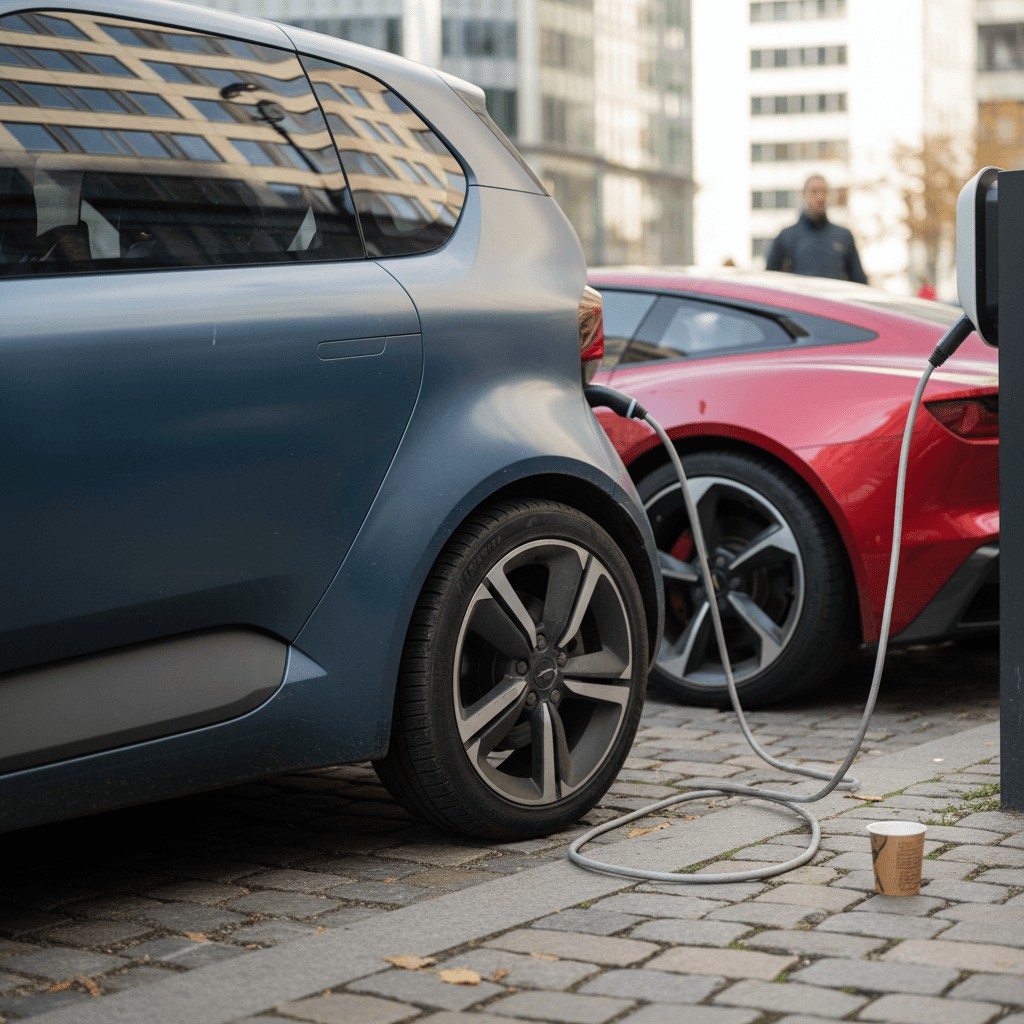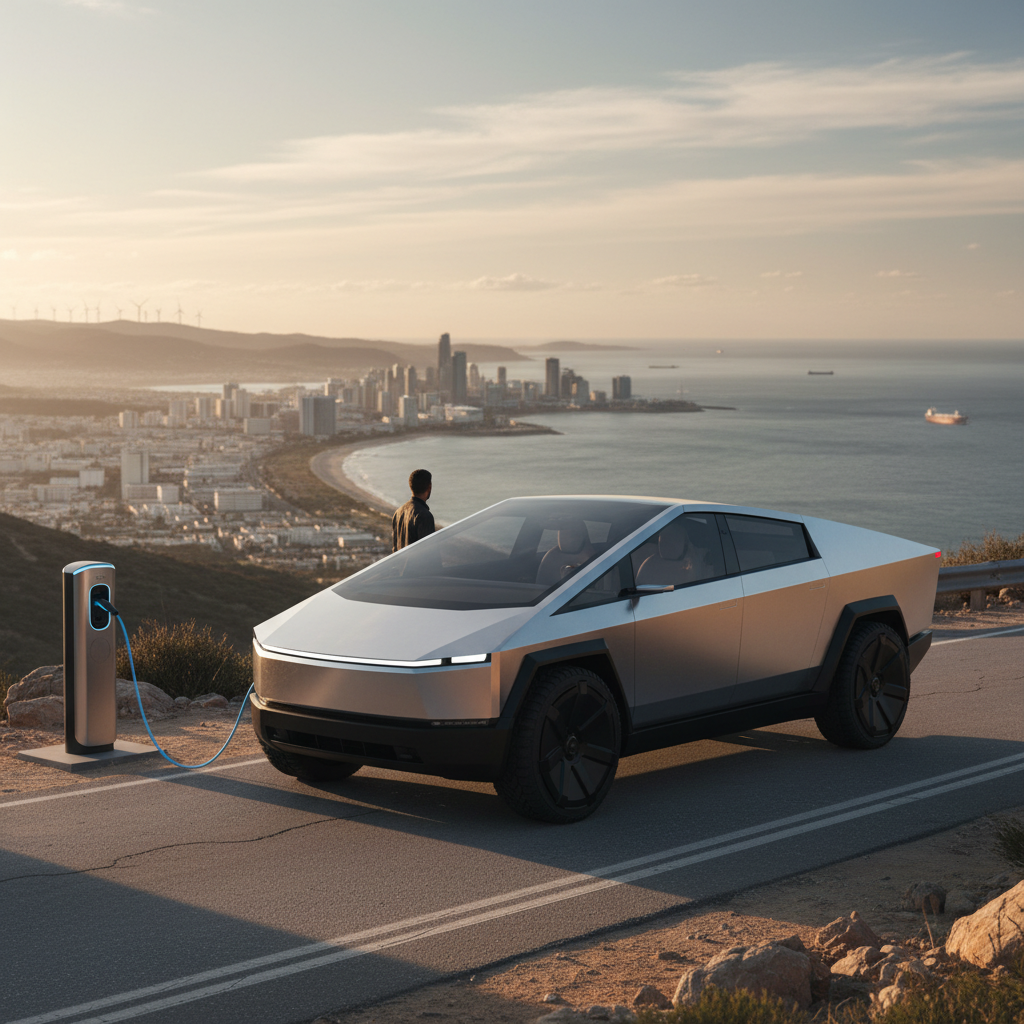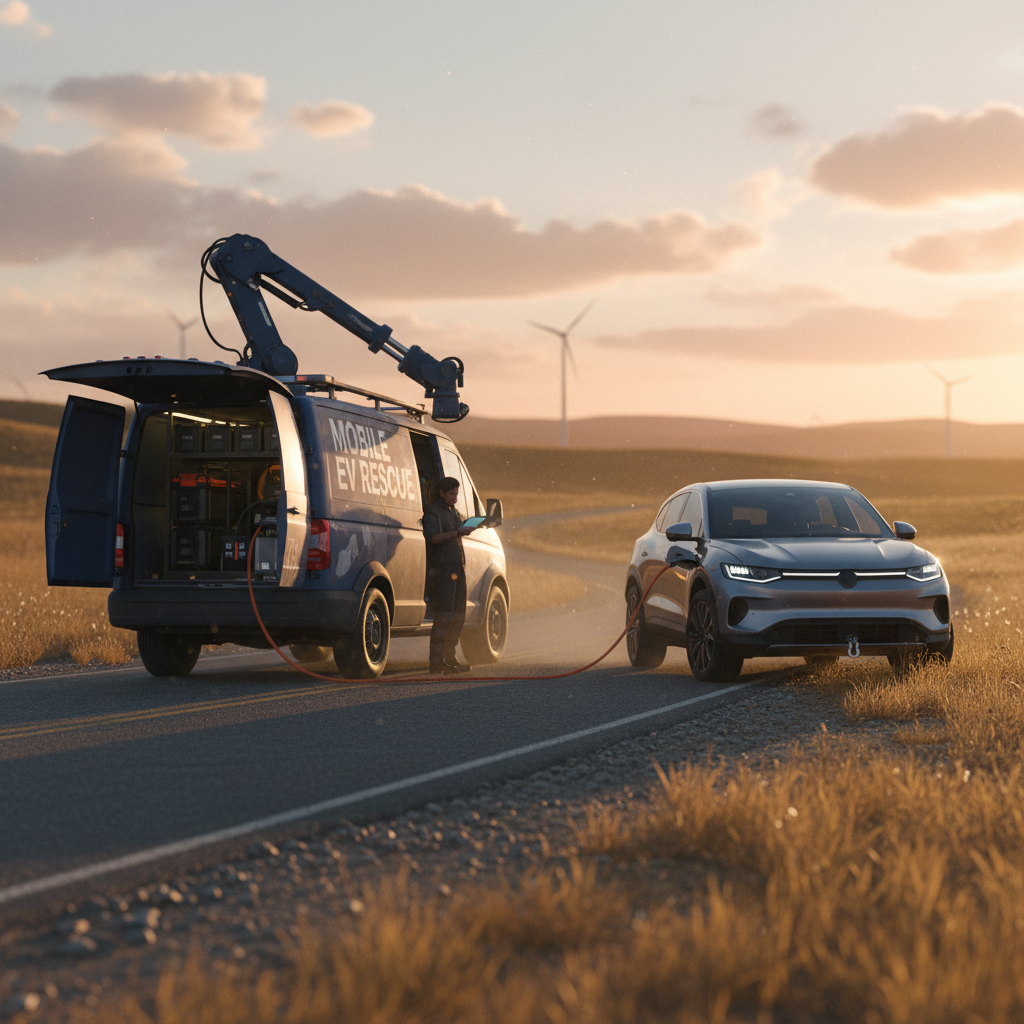If you’re trying to decide between an electric car and a gasoline car, you’re really asking a bigger question: are electric cars better than gasoline cars for the way you drive and the way you budget? In 2025, the answer isn’t a simple yes or no, EVs are clearly better in some areas, still behind in others, and the used market has changed the math again.
Key takeaway in one sentence
EV vs gas: what “better” really means
“Better” can mean very different things depending on whether you care most about monthly payment, fuel cost, time and convenience, environmental impact, or resale value. EVs have clear strengths: low fuel and maintenance costs, strong performance, and much lower tailpipe emissions. Gasoline cars push back with lower upfront prices, faster refueling and a more mature fueling network. Rather than declaring a winner in the abstract, it’s more useful to compare category by category.
EV adoption snapshot in the U.S.
A note about plug‑in hybrids (PHEVs)
Upfront price: EV incentives vs gas discounts
New electric cars are still, on average, more expensive to buy than comparable gasoline cars. It’s common to see a gap of $5,000–$10,000 in MSRP between an EV and a similar gas model. But that’s only the starting point. Federal and state incentives, dealer discounts, and, crucially, the rapidly maturing used EV market can narrow or even erase the difference.
New EV vs new gas car
- MSRP gap: Many new EVs still list higher than gas equivalents, especially in larger SUVs and trucks.
- Tax credits: Depending on your income, vehicle choice, and where it’s built, you may qualify for up to $7,500 in federal tax credits, often applied at the point of sale.
- Dealer incentives: Some brands now discount EVs aggressively to keep volumes moving, while popular gas crossovers may have fewer incentives.
If you’re financing, that higher EV MSRP can mean a higher monthly payment, even after incentives.
Used EV vs used gas car
- Depreciation swing: Many early‑generation EVs depreciated faster than expected, which is bad news for first owners, but a big win for used‑car shoppers.
- Price parity: In the used market, you can often find a 3–5‑year‑old EV priced similarly to or even below a comparable gas car.
- Battery transparency: This is where tools like the Recharged Score matter, knowing actual battery health makes used EV pricing far more rational.
If you’re open to used, EVs get much more competitive on day‑one price than the sticker shock on new models suggests.
Price tip for budget‑conscious shoppers
Fuel and running costs: where EVs usually win
Over a typical 5‑year ownership period, running costs are where EVs quietly catch up. Electricity is usually cheaper per mile than gasoline, and EVs are more efficient at turning energy into motion. If you charge mostly at home, fuel savings alone can offset much of the higher purchase price.
Typical annual running costs: EV vs gasoline (U.S. averages)
Illustrative example based on ~15,000 miles per year in 2025 with average U.S. energy prices. Your actual costs will vary by state and driving style.
| Category | Electric car (home charging) | Gasoline car |
|---|---|---|
| Energy/fuel | ~$675 per year | ~$2,200 per year |
| Routine maintenance | Lower (fewer moving parts, no oil changes) | Higher (oil, filters, belts, exhaust, more fluids) |
| Unexpected repairs (first 5 years) | Often lower, especially under battery/drive unit warranty | Higher likelihood of engine/transmission repairs as mileage rises |
| Total typical running cost | Generally lower over 5 years | Generally higher over 5 years |
Home charging favors EVs; heavy use of DC fast charging narrows or reverses the gap.
When EV fuel can be more expensive
Maintenance, reliability and repairs
On paper, electric cars have a clear mechanical advantage: there’s no engine oil, no spark plugs, no transmission with dozens of gears, and no exhaust system. In real life, that translates into less routine maintenance and fewer moving parts that can fail. But reliability isn’t just the powertrain, it’s software, build quality, and how the previous owner treated the car.
Maintenance: how EVs and gas cars differ
The biggest differences show up over 5–10 years, not just the first oil change.
Fewer wear items in EVs
- No oil changes, timing belts, or spark plugs.
- Regenerative braking reduces brake wear.
- Cooling systems exist but are simpler than many ICE setups.
Different failure points
- EVs add high‑voltage components, inverters, onboard chargers.
- Software glitches can cause more dashboard lights than engine failures.
- Out‑of‑warranty electronics can be pricey, but failures are still relatively rare.
Gas cars: steady, familiar costs
- Maintenance schedules are well‑understood by any shop.
- Parts are plentiful and relatively cheap for popular models.
- As mileage climbs, major repairs (transmissions, head gaskets) become more likely.
Warranty safety net
Emissions: are electric cars actually greener?
There’s no real debate anymore that over their full life cycles, electric cars produce significantly fewer greenhouse‑gas emissions than gasoline cars, especially as the U.S. grid adds more renewables. The nuance is that EVs typically have higher manufacturing emissions up front because battery production is energy‑intensive.
Production vs lifetime emissions
- Studies in 2024–2025 show EVs may emit roughly 30% more CO₂ during their first couple of years due to battery manufacturing.
- By around year three (assuming typical U.S. driving and energy mix), the lower emissions from driving on electricity compensate for that upfront “carbon debt.”
- Over the full life of the vehicle, a gasoline car is estimated to cause roughly twice the environmental damage of an equivalent EV.
Where you live matters
- In regions with cleaner grids (like parts of the West Coast), EVs are dramatically cleaner per mile than gas cars.
- In coal‑heavy regions, the benefit is smaller but still generally in the EV’s favor, and improves as utilities add renewables.
- Driving style, vehicle size, and how often you fast‑charge also affect real‑world emissions.
What about battery recycling?

Range, charging and day‑to‑day convenience
This is often the make‑or‑break category for shoppers asking whether electric cars are better than gasoline cars. Modern EVs commonly deliver 220–300 miles of EPA‑rated range, and fast‑charging networks have expanded, but gasoline still wins for refueling speed and station density.
EV convenience vs gas convenience
How living with each powertrain feels day to day.
Electric car convenience
- Home “refueling”: Plug in at night, wake up to a full battery. No detours to the gas station for most daily driving.
- Quiet, smooth drive: Instant torque and near‑silent operation.
- Apps and planning: You’ll rely more on apps to plan road‑trip charging stops, especially on less‑traveled routes.
Gas car convenience
- Fast refills: 3–5 minutes at almost any highway exit.
- Range flexibility: Easy to detour, tow, or drive cross‑country with little planning.
- Infrastructure certainty: Even in rural areas, gasoline stations are well‑distributed and familiar.
Think in terms of your actual week
Resale value and the used EV opportunity
Resale value is one of the most misunderstood parts of the EV vs gas debate. Early EVs, and some recent models, saw steep depreciation, driven by quick technology improvements, shifting incentives, and concerns about battery life. Gasoline cars, on the other hand, follow more predictable used‑car curves. But that’s changing as the market learns how EV batteries actually age.

How depreciation compares
- Some EVs have lost 30%+ of their value in a year as new models and price cuts hit the market.
- Popular gas models tend to depreciate more slowly, especially trucks and compact SUVs.
- However, as battery health data becomes more transparent and warranties extend, later‑generation EVs are starting to hold value better than the earliest wave.
Why this favors used‑EV buyers
- Steeper new‑car depreciation means larger discounts on 2–5‑year‑old EVs relative to their original price.
- If you can verify battery health and remaining warranty, a used EV can deliver low running costs with a much lower upfront price.
- Platforms like Recharged use detailed battery diagnostics and market data to price used EVs fairly.
Battery health is the new odometer
Who should choose an EV, and who might wait
So, are electric cars better than gasoline cars for you? It depends heavily on your charging situation, driving pattern, climate, and budget. Here’s how the tradeoffs usually shake out in 2025.
You’re a strong EV candidate if…
You can reliably charge at home or work
A driveway or garage with access to a 240‑volt outlet (or the ability to install a Level 2 charger) is the single biggest factor in EV satisfaction.
Your daily driving fits within 60–150 miles
Most commutes and errands are well within the comfort zone of a modern EV, leaving plenty of buffer even with weather or battery aging.
You plan to keep the car at least 5 years
The longer you own the car, the more fuel and maintenance savings have time to outweigh a higher purchase price.
You live in a region with at least decent charging
If you road‑trip occasionally, you’ll want major corridors covered by DC fast‑charging networks, even if you only use them a few times a year.
You value quiet, quick acceleration and tech features
EVs excel at smooth, instant torque and tend to pack a lot of in‑car tech, over‑the‑air updates, and driver‑assist features.
A gas or hybrid may still be better if…
You have no realistic way to charge at home
Relying solely on public charging can be frustrating, especially if local infrastructure is limited or frequently busy.
You tow or haul heavy loads frequently
While electric trucks are improving quickly, towing can significantly reduce range, and charging with a trailer can be awkward today.
You regularly drive long, rural routes
If you often travel 250+ miles through regions with sparse charging, the convenience of gasoline is hard to beat, at least for now.
You need the lowest possible upfront price
Even with incentives, many new EVs cost more to buy than compact gas sedans or basic crossovers. The used EV market helps, but ultra‑low budgets still favor simple gas cars.
How Recharged helps you shop the smarter way
If you’ve decided an EV might be better than a gasoline car for your next purchase, the next challenge is buying confidently, especially in the used market. That’s where Recharged comes in. Recharged is built from the ground up as a marketplace just for used electric vehicles, with tools and services tailored to the questions EV shoppers actually have.
Why used EV buyers start with Recharged
Reduce the uncertainty that comes with EV batteries, pricing and logistics.
Recharged Score battery health report
Fair market pricing & financing
Trade‑in and nationwide delivery
Make the math real for your situation
FAQ: electric cars vs gasoline cars
Frequently asked questions about EVs vs gas cars
So, are electric cars better than gasoline cars? In 2025 the honest answer is: for many drivers, yes, especially in the used market and with home charging. EVs deliver lower running costs, cleaner driving, and a smoother, quieter experience. Gasoline cars still win on upfront price, refueling speed and absolute simplicity in remote areas. If you match the technology to your lifestyle and lean on tools like the Recharged Score to take the guesswork out of used EV batteries, you can make a decision that’s better not just in theory, but for your real‑world budget and driving life.



